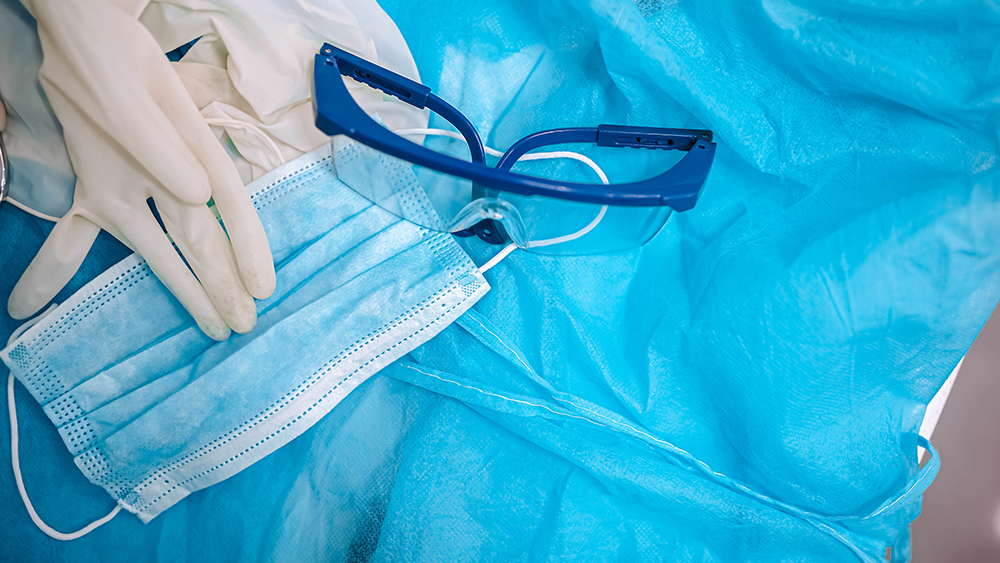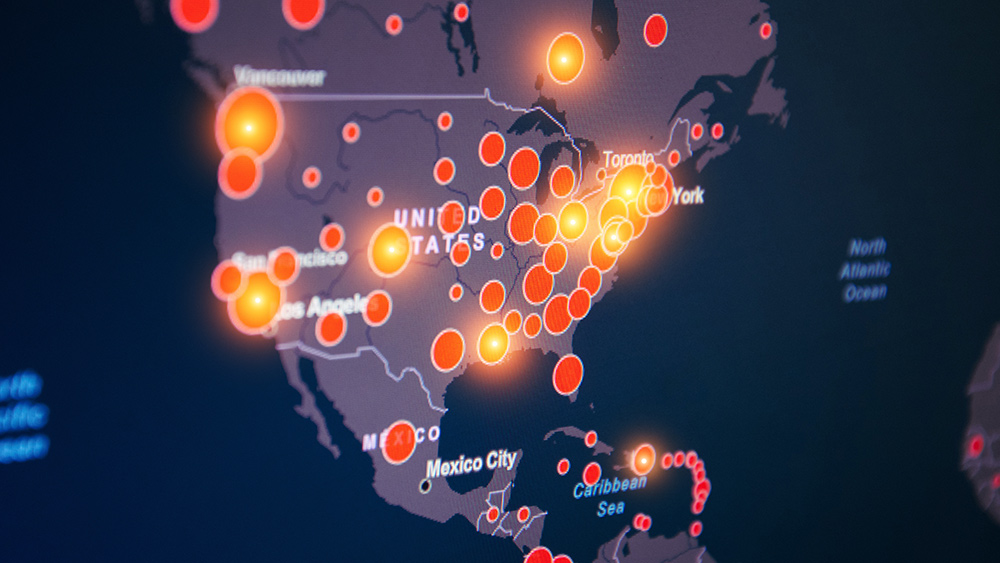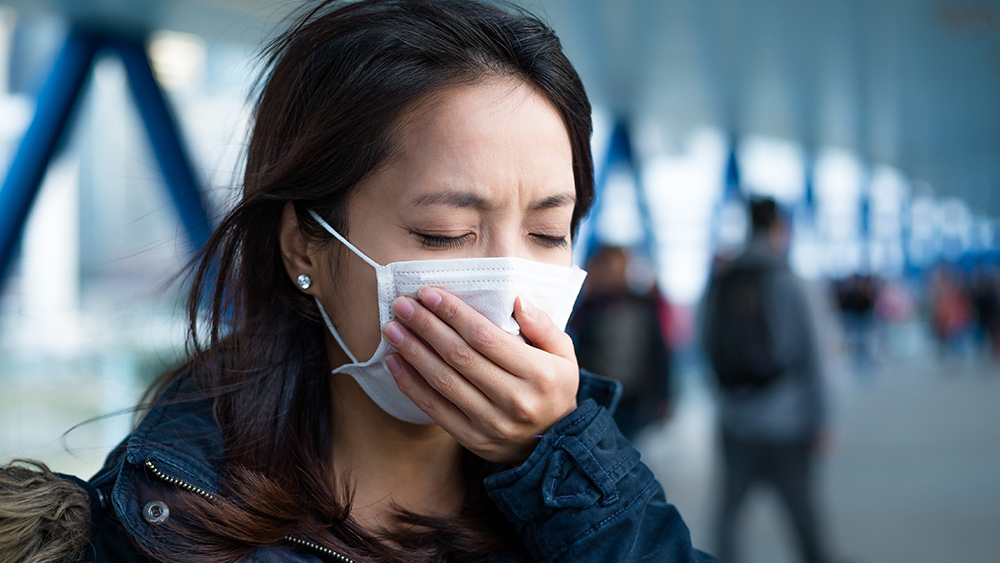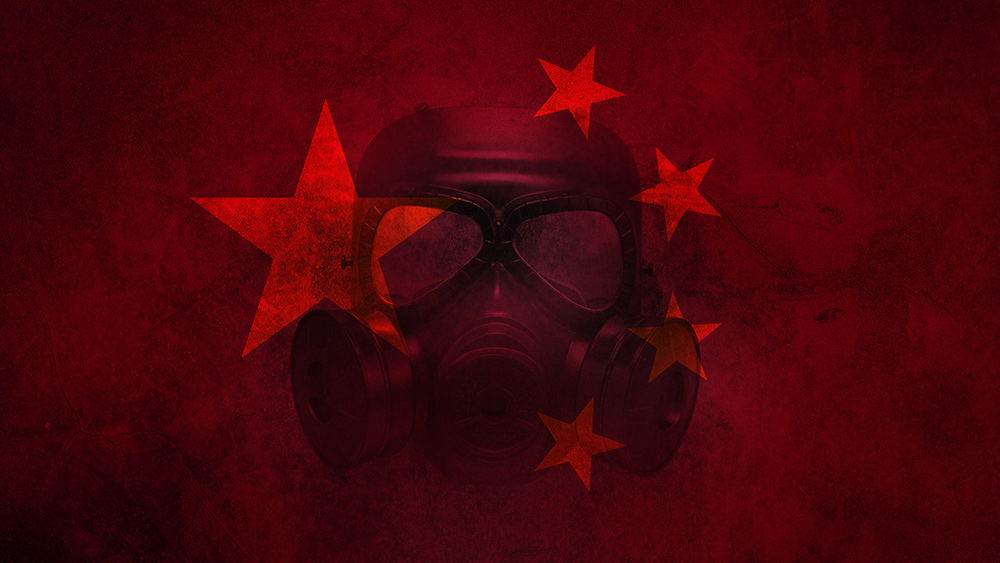Homeland security scientist confirms that natural sunlight kills coronavirus
05/01/2020 / By Ethan Huff

The best and simplest cure for the Wuhan coronavirus (COVID-19) might just be going outside, as natural sunlight contains ultraviolet (UV) rays that Department of Homeland Security (DHS) science and technology advisor William Bryan says easily destroy viruses.
During a recent press briefing at the White House, Bryan explained how UV rays from the sun are powerfully antagonistic against the Wuhan coronavirus (COVID-19), inhibiting its ability to survive, let alone take hold and spread.
A study that looked at the three different types of UV light given off by the sun – A, B, and C rays – found that UVC in particular destroys certain types of genetic material in humans, including viral particles. Based on this, the study found that UVC light can effectively inactivate microbes like the Wuhan coronavirus (COVID-19).
“Our most striking observation to date is the powerful effect that solar light appears to have on killing the virus, both on surfaces and in the air,” Bryan is quoted as saying about the study’s findings.
“We’ve seen a similar effect with both temperature and humidity as well, where increasing the temperature and humidity or both is generally less favorable to the virus,” he added.
In an ordinary 70-75 degree (Fahrenheit) environment with 20 percent humidity on a non-porous surface, the half-life for the Wuhan coronavirus (COVID-19) is about 18 hours. Increasing the humidity to 80 percent, however, decreases that half-life to six hours, while adding natural sunlight into the mix decreases it to just two minutes.
This would all suggest that simply being in the sun more can help to reduce the risk of Wuhan coronavirus (COVID-19) infection and transmission, as viruses simply cannot coexist with natural sunlight.
Listen below to The Health Ranger Report as Mike Adams, the Health Ranger, talks about how to make antiviral colloidal silver at home using silver coins:
Hospitals already use artificial UVC light to sterilize equipment
Artificial UVC light is already used in many hospitals to sterilize surgical equipment and surfaces. It is also used to clean airplanes and factories, as the science shows that potentially harmful microbes are unable survive in its presence for any substantial length of time.
In the case of the Wuhan coronavirus (COVID-19), the rhetoric will surely be that more testing is needed to determine how much UVC light is necessary to destroy it. It also remains to be seen how much time one would need to spend in natural sunlight to obtain these benefits.
At the same time, Bryan is still encouraging Americans to follow stay-at-home orders – probably because he has to say this in order to stick with the script.
“It would be irresponsible for us to say that we feel that the summer is just going to totally kill the virus and then if it’s a free-for-all and that people ignore these guides,” he stated in a somewhat discombobulated way.
The World Health Organization (WHO), which just like Bill Gates only supports pharmaceuticals and vaccines for disease, is of course warning against UVC light, which it claims can burn the skin and cause eye damage.
Previous studies have identified that UVC light is effective against other coronaviruses such as SARS (severe acute respiratory syndrome), and that this particular type of radiation prevents viral particles from replicating. Researchers are also tinkering around with LED light, which may also be effective against viruses.
“One major application is in medical situations – the disinfection of personal protective equipment, surfaces, floors, within the HVAC systems, et cetera,” says materials doctoral researcher Christian Zollner about UVC.
“UVC light in the 260 to 285nm range most relevant for current disinfection technologies is also harmful to human skin, so for now it is mostly used in applications where no one is present at the time of disinfection.”
To keep up with the latest news about the Wuhan coronavirus (COVID-19), be sure to check out Pandemic.news.
Sources for this article include:
Tagged Under: China, Chinese Virus, coronavirus, covid-19, disease, global emergency, Global Pandemic, infection, infections, kills, novel coronavirus, outbreak, pandemic, sunlight, temperature, ultraviolet, virus, William Bryan, Wuhan, Wuhan coronavirus




















